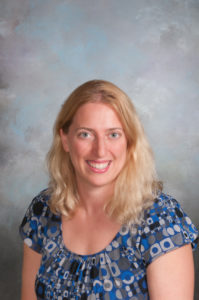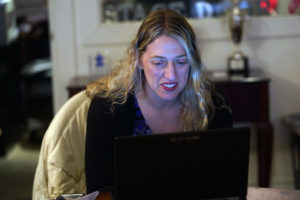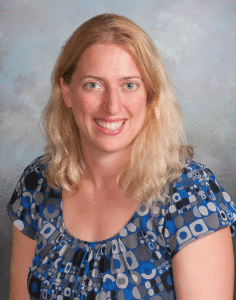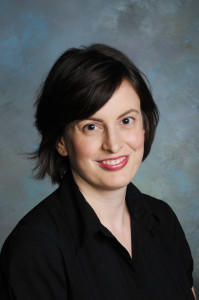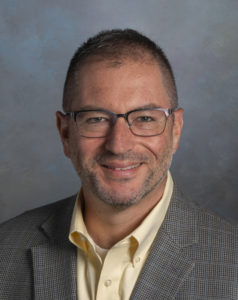
Professor of Psychological Science David Rettinger
Professor of Psychological Science David Rettinger was a guest on Inside Higher Ed’s The Key podcast. Rettinger, who is the director of academic integrity programs at UMW and president emeritus of the International Center for Academic Integrity, discussed issues of cheating, test proctoring tools and academic misconduct.
